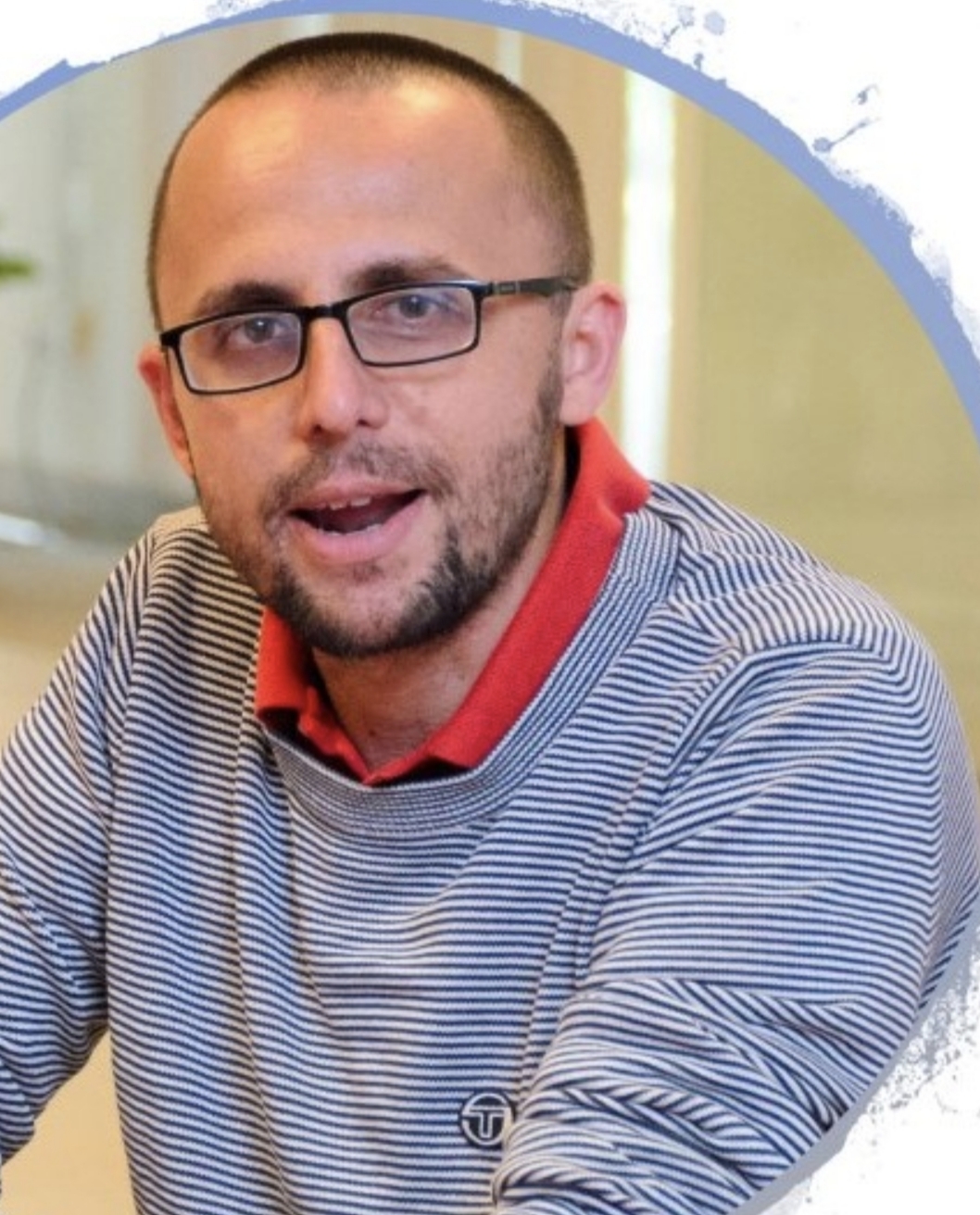Opinion
More than words
In Nepal you can find stories of unfilled potential, stories of people who, despite being equipped with skills and abilities, are not able to break through. Instead of having a shot to build a thriving life, they all end up in a vicious cycle of frustration, marginalisation and hyper vulnerability.
Simone Galimberti
In Nepal you can find stories of unfilled potential, stories of people who, despite being equipped with skills and abilities, are not able to break through. Instead of having a shot to build a thriving life, they all end up in a vicious cycle of frustration, marginalisation and hyper vulnerability.
Binod Lama Magar is a 33-year old from Sindhuli who is scraping a living by singing with his wife in Ratna Park. You might think that Magar is a good singer but he says he hates to sing. He sings because he has no other option. In a day the couple can make three or four hundred rupees, barely enough to survive and cover the educational costs of their daughter.
If you think about it, this is not unusual: If you are familiar with Ratna Park or other crowded places such as the New Road gate, you often stumble upon people making a living this way. You should also not be surprised to hear that Magar is visually impaired. When he was eight, an eye infection caused him to lose his eyesight.
Magar is a citizen of Nepal and, like every other citizen, he is entitled to enjoy rights that include special protection and support to partially offset the vulnerability intrinsic to his disability. This is about the wasted potential of many others citizens who are part of a broader community that is unable to support and help them. Magar’s case is also representative of the plight of many other persons with disabilities who stop dreaming and end up living isolated lives stuck inside their rooms, or eke out a precarious existence by begging.
Magar is good at bamboo handicraft making, a trade he learned thanks to the training he undertook when he moved to Kathmandu almost 15 years ago. Yet he could not focus on his skill for want of means and resources, so he gave up his work with bamboo.
Intersection between help and opportunity
Perhaps we need to promote collaboration and partnerships between not-for-profit and small and medium enterprises. This way, NGOs can design new interventions together with the private sector. Small and medium businesses should not consider this kind of intervention in terms of corporate social responsibilities, but rather as a new way to promote their core business through inclusion. There are many examples where traditional businesses realised that they can work with vulnerable groups who, for example, can specialise in certain crafts.
We need more creativity, imagination and a commitment towards social inclusion to create space for the vulnerable to sustain themselves. Apprenticeship programmes could be rolled out, bringing together vulnerable youths, not for profits and the private sector. Perhaps some big donor will step in and support a pilot programme along these lines.
Till then, ultimately it will be up to the people of this country to step up and take action. Look at the example of Apekshya Parajuli, a young professional originally from Pokhara who recently graduated with an MBA at the Kathmandu University School of Management. Apekshya saw Magar many times at Ratna Park and then one day she mustered up the courage to talk to him. It was a brief moment, but enough to create a connection with a stranger and since then, Apekshya has met with Magar several times to talk to him, to better understand his life experience and see what can be done for Magar and his wife to help them leave the streets. For people like Apekshya to help persons such as Binod Lama Magar, there is a need for alliances and support.
From words to actions
There is a new law in the country, the Disable People Rights Law that is progressive and ambitious. This piece of legislation is just the starting point. The situation of disability in Nepal was recently discussed at the 19th Session of the Committee on the Rights of Persons with Disabilities (CRPD) in Geneva. For the first time, a big delegation of disability activists took part to express their views regarding the current living conditions of persons with disabilities in Nepal.
Naindra Prasad Upadhaya, Head of the Nepali Government Delegation in Geneva, in his opening remarks, rightly stressed the constitutional steps taken by the Government towards the fulfilment of the rights of persons with disabilities. He mentioned that the Regulation to the new law is in an “advance stage” and a process of revision of National Policy and Plan of Action on disability will soon start.
While these words are very encouraging, we will surely need a massive effort to make sure that in the next five years, the country will see a drastic reduction in the waste of potential of capable yet neglected youths from the most disadvantaged groups. Shifting from words to deeds will be the ultimate imperative.
Galimberti is the Co-Founder of ENGAGE, an NGO partnering with youths living with disabilities




 9.6°C Kathmandu
9.6°C Kathmandu










